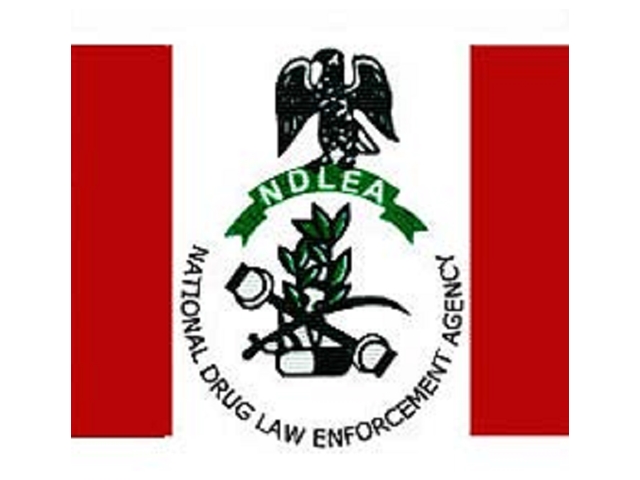On the 26th of June every year, this day set aside to mark the International Day against Drug Abuse and Illicit Trafficking, or World Drug Day, efforts are made to strengthen action and cooperation in achieving the goal of a world free of drug abuse.
The efforts of the Federal Government to arrest the rampant abuse in the usage of what it terms “controlled” or “restricted” “Over-the-Counter” (OTC) drugs in the country have not been effective enough.
A call for sympathy for our education sector
How vote-buying threatens Nigeria’s democracy
The ineffectiveness of the country’s drug laws and policy may be attributed to several factors, one of which is that the drug policy and laws are formulated and implemented without the benefit of rigorous knowledge, research, and review on them, and their effective enforcement.
For instance, the Section 19 of the NDLEA Act, Cap. N30, LFN, 2004 – the principal drugs legislation where most drugs charges in courts drive its validity and vitality provides as follows:
“Any person who, without lawful authority, knowingly possesses the drugs popularly known as cocaine, LSD, heroin, or any other similar drugs shall be guilty of an offence under this Act and liable on conviction to be sentenced to imprisonment for a term not less than fifteen years and not exceeding 25 years”.
All that I am trying to say is that, the category of narcotics analgesics such as Tramadol, Diazepam, and Codeine that bring more harm than relief to our youths nowadays should be specifically banned and criminalized in the country having outlived their usefulness. Alternatives may be offered that have little or no narcotics effect on the health and well-being of the citizens.
Ibrahim Ahmad Kala, LL.M writes from Abuja

 Join Daily Trust WhatsApp Community For Quick Access To News and Happenings Around You.
Join Daily Trust WhatsApp Community For Quick Access To News and Happenings Around You.